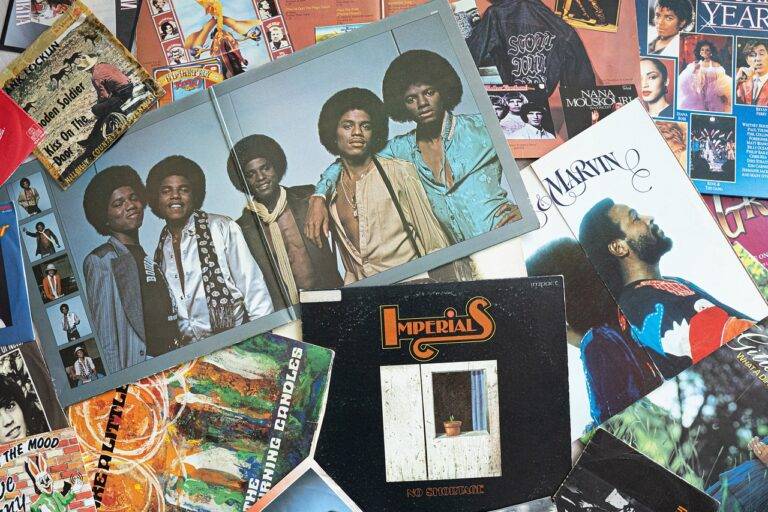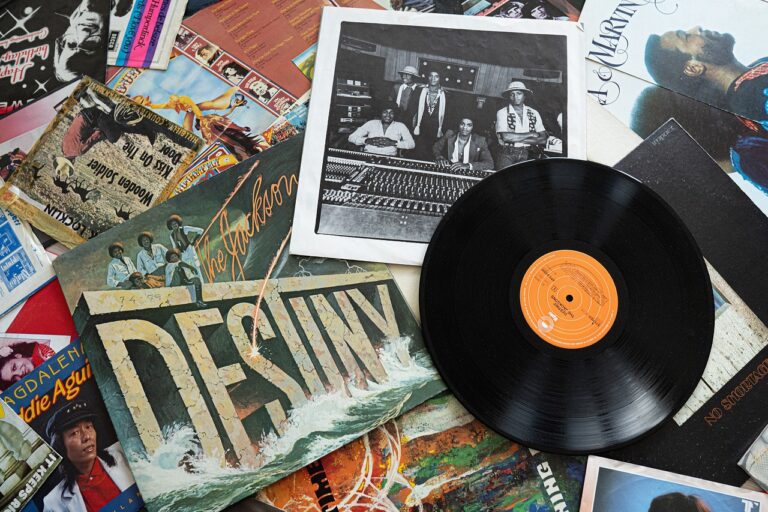The Cultural Significance of Iconic Movie Soundtracks
Movie soundtracks have been an integral part of the film industry since the inception of the silent era. Initially, live music was played during screenings to enhance the viewer’s experience. This practice evolved with the introduction of synchronized sound in movies, leading to the concept of recorded soundtracks that matched the narrative and emotions portrayed on screen.
The first official soundtrack album released was for the 1937 film “Snow White and the Seven Dwarfs,” composed by Frank Churchill and Larry Morey. As the importance of music in films became more apparent, composers like Max Steiner and Bernard Herrmann revolutionized the industry by creating iconic scores for classic movies such as “Gone with the Wind” and “Psycho.” Their innovative use of music not only enhanced storytelling but also set the stage for future composers to redefine the role of soundtracks in cinema.
Notable Composers in Film Industry
In the world of film, composers play a crucial role in enhancing the viewing experience through their music. One of the most iconic composers in the industry is John Williams, known for his unforgettable scores in films like “Star Wars,” “Jurassic Park,” and “Harry Potter.” Williams’ ability to create melodies that resonate with audiences has solidified his status as a legend in the film music world.
Another notable composer is Hans Zimmer, celebrated for his innovative and atmospheric scores in movies such as “The Lion King,” “Inception,” and “Interstellar.” Zimmer’s use of electronic elements and unique soundscapes has set him apart as a visionary in the field of film composition. His ability to evoke emotion and elevate the storytelling through his music has made him a highly sought-after composer in Hollywood.
• John Williams is known for scores in films like “Star Wars,” “Jurassic Park,” and “Harry Potter”
• Hans Zimmer is celebrated for his innovative and atmospheric scores in movies such as “The Lion King,” “Inception,” and “Interstellar”
Impact of Movie Soundtracks on Popular Culture
Movie soundtracks have undeniably left a lasting impact on popular culture, as they have the power to evoke strong emotions and enhance the overall cinematic experience. Memorable soundtracks have the ability to transport viewers back to specific scenes or moments in a film, making them a crucial element in creating a lasting impression.
Furthermore, movie soundtracks have the ability to introduce audiences to new genres of music, as well as elevate lesser-known artists to mainstream recognition. The popularity of certain songs featured in movies can skyrocket, leading to chart-topping hits and a surge in music sales. As a result, movie soundtracks have become a significant platform for artists to showcase their work and reach a wider audience beyond the confines of the film industry.
What is the history of movie soundtracks?
Movie soundtracks have been an integral part of films since the early days of cinema. They first became popular in the 1930s with the advent of sound in motion pictures, and have since evolved to become an essential element of the storytelling process in movies.
Who are some notable composers in the film industry known for their work on movie soundtracks?
Some notable composers in the film industry known for their work on movie soundtracks include John Williams, Hans Zimmer, Ennio Morricone, and Howard Shore. These composers have created iconic and memorable music that has greatly enhanced the cinematic experience for audiences.
What is the impact of movie soundtracks on popular culture?
Movie soundtracks have had a significant impact on popular culture by creating memorable musical moments that resonate with audiences long after the film has ended. These soundtracks can evoke emotions, set the tone for a scene, and enhance the overall storytelling of a movie. Additionally, movie soundtracks have introduced audiences to new genres of music and have helped to launch the careers of many musicians and artists.





